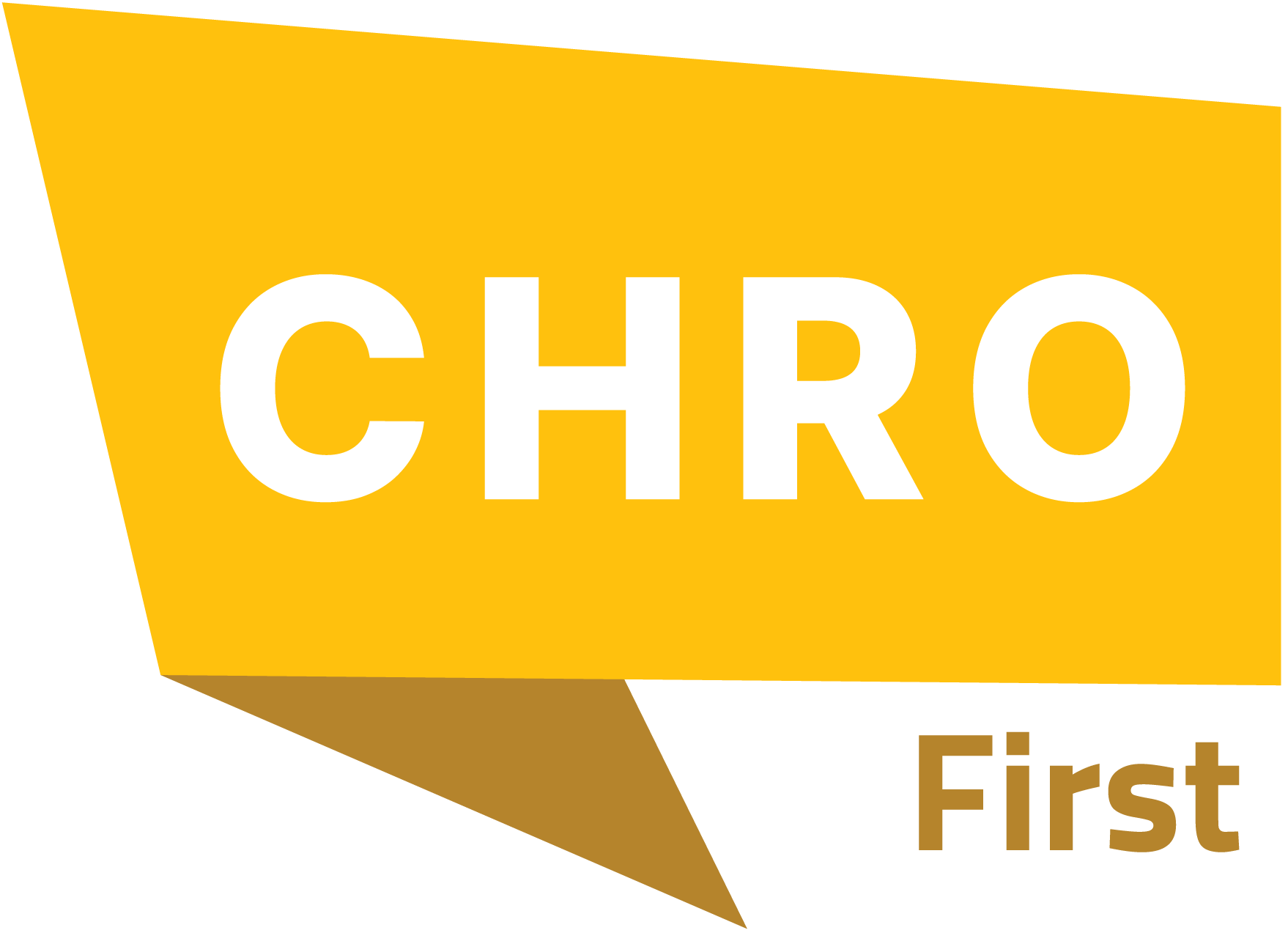In response to the rapidly evolving demands of the modern HR function, McLean & Company has introduced its new CHRO Playbook, a structured strategic framework and executive-counselor partnership designed to empower Chief Human Resources Officers (CHROs) to lead with clarity, influence and impact.
The Playbook is positioned as a response to the increasing complexity of the CHRO role. As McLean points out, HR leaders today are not just managing talent or culture, they’re shaping enterprise strategy, steering technology and AI adoption, managing risk, and building organisational resilience. Yet many CHROs still lack a clear roadmap to operate effectively at that level.
What’s in the Playbook?
The CHRO Playbook is built around a Strategic & Operational Capability Framework comprising 14 core capabilities that McLean has identified as essential for CHRO effectiveness. These span areas such as aligning HR strategy with business strategy, leading large-scale organisational change, managing risk, integrating talent strategy with operational execution, and ultimately exerting enterprise-level influence.
Key features include:
A self-assessment tool allowing HR leaders to identify strengths and gaps across the capability set.
A curated resource catalogue linking McLean’s research tools, diagnostics and workshops to each capability.
The “executive counselor” partnership, each CHRO working with a dedicated counselor who helps translate framework insights into actionable decisions, board-level conversations and real-world outcomes.
Grace Ewles, Practice Lead at McLean, summarises: “The CHRO Playbook combines a proven framework with the expertise of a dedicated executive counselor to help HR leaders translate complexity into clarity, elevate their strategic influence, and drive results that resonate across the organisation.”
How Will it Affect the HR Industry
For HR professionals and organisational leadership teams, the Playbook signals several key shifts in the HR industry:
- HR’s race to the strategic table.
The CHRO role is increasingly expected to contribute directly to the business’s strategic agenda—not just deliver people-processes. The Playbook helps HR leaders bridge that transition from operational to strategic, equipping them with the capabilities to influence board, CEO and C-suite discussions.
- Expanded HR competency model.
Traditional HR skills like talent acquisition, learning, and payroll are not enough anymore. HR leaders need to master organizational design, technology adoption (AI, analytics), risk/governance, and business acumen. This framework offers a blueprint for HR to develop these essential skills.
- Measurement and accountability.
By making capabilities explicit and linking them to resources and self-assessment, the Playbook emphasises accountability. HR functions are being held to show impact—how HR strategy drives business outcomes. This aligns with the broader shift in HR from service-provider to value-creator.
- Coaching and continuous development.
The executive-counselor model acknowledges that HR leadership is not just about frameworks but about context, judgement and relationships. As HR becomes more complex, leadership development and external counsel become increasingly relevant.
Broader Business Effects
The impact of the CHRO Playbook extends beyond HR departments; it affects organisations operating across sectors:
Stronger alignment of people strategy and business strategy. Organisations where HR has a clear strategic framework and supports the CHRO in influencing business outcomes are better positioned to execute major transformations, whether in technology, operating model or culture.
Improved organisational agility and change readiness. With HR leaders equipped to lead complex change, businesses are more capable of responding to disruption—from AI adoption to market shifts to workforce dynamics.
Enhanced talent leadership and retention. HR leaders who operate with greater strategic clarity are more likely to build high-performing HR functions, which in turn results in better employee experiences, engagement and retention.
Elevated HR’s credibility and ROI. With frameworks and tools supporting HR’s strategic role, business leaders will view HR less as a cost centre and more as a driver of performance, shifting internal perceptions and the function’s role in value generation.
Conclusion
McLean & Company’s CHRO Playbook is a great tool for today’s HR leaders. It provides a clear roadmap with capabilities, resources, and guidance. This helps HR professionals tackle challenges and boost their strategic role.
The Playbook highlights HR’s shift from basic support to a strategic partner. For businesses, it shows that strong HR leadership is crucial for overall performance. In an era where talent, culture, technology and risk intersect more than ever, HR’s ability to lead with clarity, influence and impact will make a difference not only to people outcomes, but to business outcomes.

